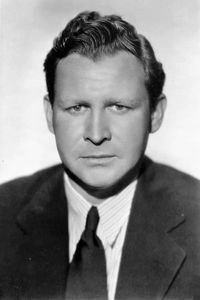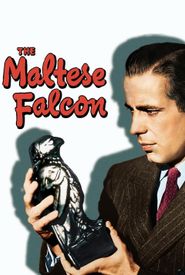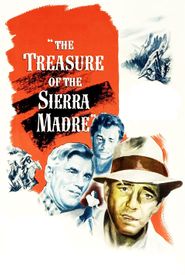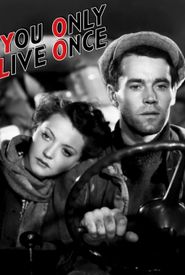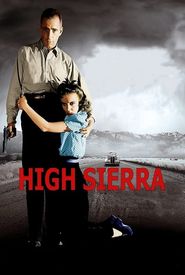Barton MacLane, a talented actor, graduated from Wesleyan University, where he excelled in sports, particularly football and basketball. His physical prowess led to an early role in The Quarterback (1926) alongside Richard Dix. MacLane believed that as an actor, he needed to possess physical strength to perform demanding stunts, such as tearing villains "from limb to limb." However, ironically, he often found himself on the receiving end of violence, typically as a snarling henchman, outlaw, or other unsavory characters throughout his 40-year acting career.
After training at the American Academy of Dramatic Arts, MacLane joined a stock company in Brooklyn. In 1927, he made his Broadway debut in the melodrama "The Trial of Mary Dugan," playing a brief role as an assistant district attorney. He then appeared in "Subway Express" (1929-30),a drama set in the interior of a subway car, where he played a small featured role as a police officer.
In 1932, MacLane wrote and starred in his own play, "Rendezvous," which unfortunately closed after only 21 performances. However, it led to a contract with Warner Brothers. He had already appeared in bit roles for Paramount at their Astoria Studios, including The Marx Brothers' debut film The Cocoanuts (1929). MacLane's breakthrough role came in 'G' Men (1935) alongside James Cagney, which set the tone for most of his future assignments.
With his rugged, brawny appearance and squinty eyes, MacLane became the ideal tough guy, often cast as cops, gangsters, or outlaws in films noir and westerns. Some of his most notable performances include Al Kruger in Bullets or Ballots (1936),Jack Slade in Western Union (1941),and crooked construction boss Pat McCormick in The Treasure of the Sierra Madre (1948).
MacLane also had prominent roles in The Maltese Falcon (1941) and Kiss Tomorrow Goodbye (1950). On loan to Universal, he starred in Prison Break (1938) as an innocent tuna fisherman framed for murder. He played tough but sympathetic cops in the "Torchy Blaine" series alongside Glenda Farrell in the mid-to-late 1930s.
In the 1960s, MacLane began to cultivate a good-guy image as Marshal Frank Caine in the NBC western series Outlaws (1960) and appeared in a small recurring role as Air Force Gen. Martin Peterson in I Dream of Jeannie (1965).
Barton MacLane was married to actress Charlotte Wynters, who appeared in six of his films. When not on set, the couple spent time on their 2000-acre cattle ranch in Madera County, California. For his work in television, MacLane has a star on the Hollywood Walk of Fame.
